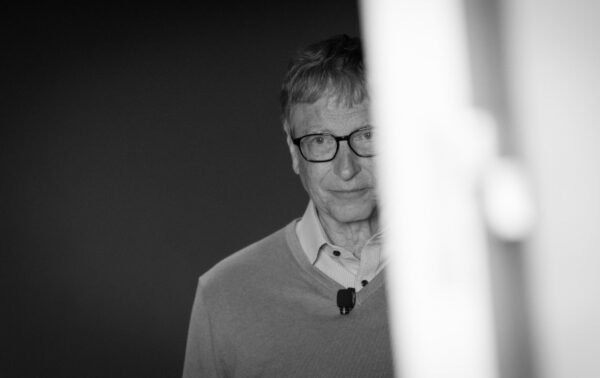Who’s funding the WHO?
At its inception in 1948, the WHO was an independent organisation funded by the 61 founding Member states and many members of government still believe this to be the case.
Unfortunately, the integrity of the WHO has been undermined over time, as industrial donors asserted their influence through the corporate and public/private funding mechanism via Voluntary Contributions. As many of us have come to understand in recent years, it is easy to recognise an organisation’s power and its allegiances if one takes time to look at how it is being funded.
What’s the WHO’s budget?
The WHO’s total approved budget for 2020–2021 is over US$7.2 billion and for 2022-2023 is US$ 6.72 billion.
For the two yearly period for 2020-2021, the WHO received the following funding:
Assessed contributions from Member States $956M
Voluntary contributions from Member States $5.824B
Voluntary contributions – Thematic $513M
Core Voluntary contributions $236M
PIP Contributions $51M
Where does the WHO’s funding come from?
In the 2020-2021, the WHO’s top contributors were Germany and the European Commission led donations with US$ 1.734 billion, followed by Gates-dominated enterprises with US$ 1.183 billion, and the United States with US$ 693 million.
China is the 11th largest donor with a contribution of US$ 168 million but holds significant geopolitical influence, including within the WHA.
Assessed contributions (AC) derive from a percentage of the gross domestic product of each member state (country) and cover less than 20% of the total WHO budget.
Voluntary contributions (VC) come from Member States, private companies and organisations, and are often termed Public Private Partnerships (PPPs). PPPs account for over 80% of the WHO’s budget. Major private contributors are primarily the Bill and Melinda Gates Foundation and the Gates-funded GAVI Alliance.
Breaking down the Voluntary Contributions further:
Nearly 90% of the voluntary contributions are earmarked to specific programs and locations, meaning they are tied to the preferences of the donors.
Margret Chan, the previous Director-General of the WHO said about fundraising:
“I have to take my hat and go around the world to beg for money and when they give us the money [it is] highly linked to their preferences, what they like. It may not be the priority of the WHO, so if we do not solve this, we are not going to be as great as we were.” (Franck 2018)
The Bill & Melinda Gates Foundation is alone responsible for over 88 per cent of the total amount donated by private donors. Many people are unaware of the sway this foundation holds over the WHO by virtue of its donations. Bill Gates’ biennial contributions of $4.84 billion dollars through the Bill & Melinda Gates Foundation exceeded that of any member state.
This unprecedented platform for influence has not gone unnoticed, and in 2017 Politico was prompted to say of Bill Gates:
“He is treated like a head of state, not only at the WHO, but also at the G20.”
…
“His sway has NGOs and academics worried. Some health advocates fear that because the Gates Foundation’s money comes from investments in big business, it could serve as a Trojan horse for corporate interests to undermine WHO standards and shaping health policies.”
The WHO’s own webpage boasts:
“Investment in WHO returns major benefits to its investors. These investors are taxpayers and citizens the world over. They can be assured that their investment in WHO is being returned many times over. The world needs WHO to be “financially fit for purpose” so that it can “deliver on its broad – and ever-growing – mandate to act as the world’s leading authority on global health.”
Dr David Bell, an Australian clinical and public health physician with a PhD in population health and former WHO scientific and medical officer, says the following about the WHO’s funding:
“The WHO was established in 1946 with the best of intentions, to help coordinate responses to major health issues and advise governments accordingly. Over the decades we have seen a significant change in direction as funding streams have shifted to private “specified funding”, particularly from private donors. This has led to the WHO becoming a far more centralised and externally-directed body in which private and corporate funders shape and direct programmes.”
We must all be aware of and concerned about the commercial interests and ultimate persuasions that have infiltrated the WHO.



